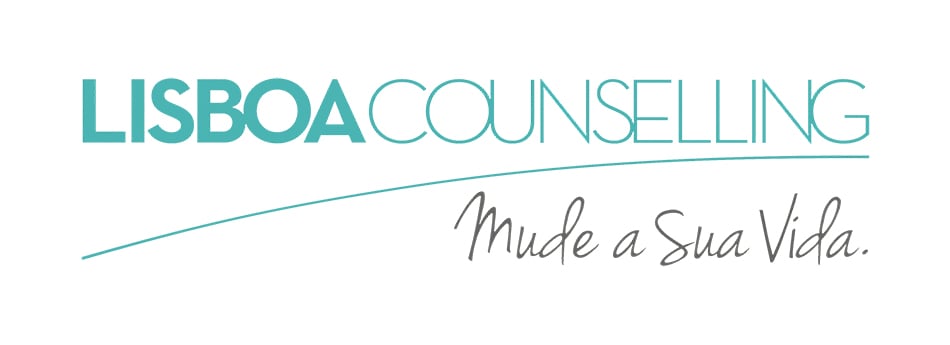What are you trying to adapt to?
Countless people are adjusting to new jobs, new ways of work or even new countries. Pandemic forced people to huge needs of adjustment. Lots of people are moving to other countries to study, to get better working conditions or even for security reasons, fleeing their unsafe homeland.
Whatever the reason, leaving behind all you had built, even if it was your desire, will wear you down and bring the need for adaptation skills.
How to reduce the risks?
How can you prevent getting burnout? Here are some tips you can put into practice that will help you in your adaptation process.
- Understand that your wellbeing is your responsibility! Although you can benefit from all the support you can get, you can’t rely only in it.
- Don’t live of expectations. They spend a lot of energy and are not useful to help you achieve your goals.
- Plan to take breaks: for self-care, exercise, hobbies. Having activities that help you rest and relieve from stress will increase your adaptation abilities.
- Identify stress triggers and try to reduce or manage them in a more positive way.
- Set personal boundaries – don’t try to do it all.
- Be open-minded and curious – it will reduce the cultural chock and the “costs” of adaptation.
How can we help you?
Counselling can help you develop the skills and strategies both to have a good adaptation to your new situation (whatever it is) and to reduce the mental and emotional cost of that process. We’ll work in several different areas:
- Mindfulness tools, to help you achieve the wellbeing and increase your self-management ability
- Emotions management and biochemicals – helping you to reduce the negative hormones and increase the production of the positive ones will help decrease negative emotions and improve the way your brain works.
- Resilience – developing the skills to be well, to turn your difficulties into challenges and to build the ability to overcome them and to learn from them.
- Intercultural and communication skills, that will get you more efficient in dealing with the differences.
- High performance vs. quality rest – building the balance between your rest activities and work will help you improve your performance and get less exhausted.
- Self-regulation – the ability to manage all this areas by yourself. We always focus in developing our client’s autonomy and ability to keep the changes you achieved, even after we end our work together.
If you’d like to have support to decrease your exhaustion, while keeping or improving your performance, contact us. We’re willing to help you.


